Both Apple and Qualcomm are insisting that their victory in a U.S. International Trade Commission ruling, due Tuesday, will be essential to the future of 5G in the country.
"Without current 4G sales to Apple, Intel lacks a viable path forward to compete for coming 5G baseband chipset sales," Apple argued in a recent statement to the ITC, seen by Bloomberg. "Intel is now the only U.S. baseband chipset manufacturer still standing in the face of Qualcomm's anticompetitive practices."
In 2017 Qualcomm launched an petition for an iPhone import ban, complaining that Apple had violated some 16 patents through its use of Intel modems. The ITC eventually found Apple in infringement of one of the patents, but declined to impose a ban — that prompted a call from Qualcomm for a review, the matter which will be ruled on tomorrow.
In a statement of its own, Qualcomm countered Apple's stance by focusing on the global context.
"Qualcomm is the global leader in 5G development and standard-setting, with Huawei being a close second," the chipmaker said. "Although Apple purports to urge the Commission to keep a second runner in a two-man race, Apple is really urging the Commission to hobble the American leader in a field crowded with foreign entrants."
Huawei is believed to have close ties to the Chinese government, which has prompted U.S. and European resistance to adopting its 5G standards and infrastructure, given frequent cyberattacks launched from China. It's unclear to what extent China has been subject to Western attacks.
Apple has said that it can get around any alleged patent infringement with software workarounds, but Qualcomm noted that this might actually undermine its case, since it means Apple could have easily avoided infringement and any risk to iPhone imports.
Once Apple's exclusive modem supplier, Qualcomm has been largely pushed to the sidelines because of a global legal battle between the pair over patents and royalties. The fight kicked off in January 2017, when Apple sued over nearly $1 billion in rebates it said were withheld as retaliation for cooperation with antitrust investigators. Private lawsuits are ongoing around the world, and various government bodies have pursued their own cases, sometimes leveling millions of dollars in fines. A trial brought by the U.S. Federal Trade Commission, with Apple's help, concluded in January though a ruling has yet to be announced.
 Roger Fingas
Roger Fingas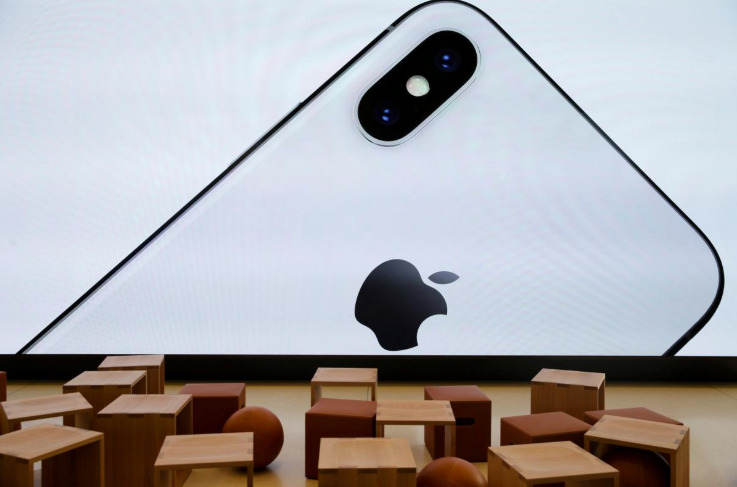




-m.jpg)


-m.jpg)






 William Gallagher
William Gallagher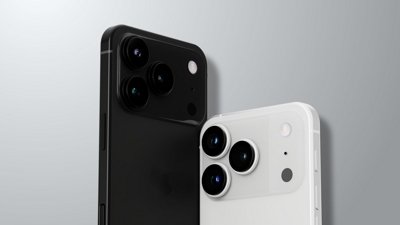
 Malcolm Owen
Malcolm Owen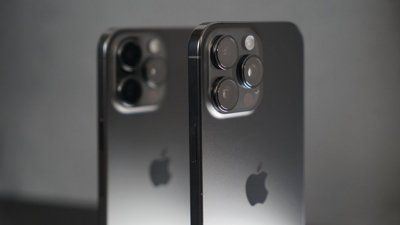

 Christine McKee
Christine McKee
 Chip Loder
Chip Loder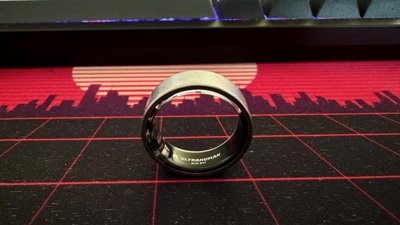
 Oliver Haslam
Oliver Haslam
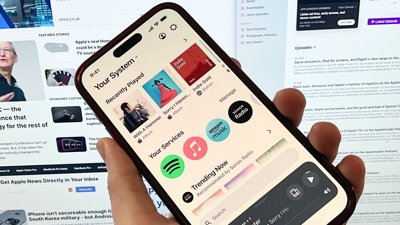
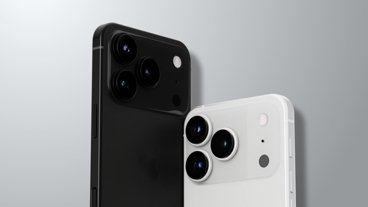
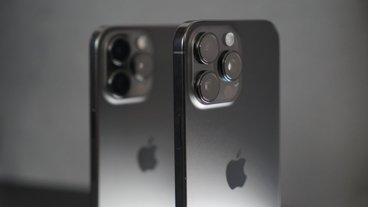
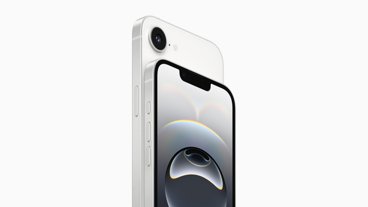






9 Comments
Qualcomm says it's the global leader in 5G development and was the only CDMA developer. Both will end up being standards so why should Qualcomm be able to force high patent payments on standard's patents? It's like having only one gasoline company while forcing all vehicles to only use gas. (This is practically what's happening right now.) The patents in question aren't that big of a deal and definitely aren't worth the type of cost customers end up paying.
It's also the other, non-modem-related patents that Qualcomm is going after with that really make me mad. As everyone is saying, let's have some patent reform. Pay the real designers the money and stop allowing patent trolls to keep extorting money for little things that really don't mean much. If they did, the original patent author would still have an actual product.
How do you define a greedy a***hole?
Perspective; a sophist’s sit com.
That’s an interesting legal approach...
Qualcomm: We only have a US monopoly, and we need a global monopoly (which Apple is interfering with) otherwise a foreign company might have that global monopoly in the future.
Judge, are you Pro Business? Pro USA? Or, a commie stooge?
Apple’s rebuttal: Wait? What? How does that even make sense? We need more competition not less...